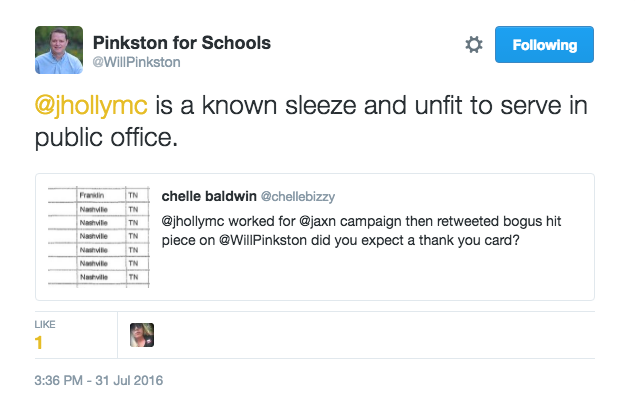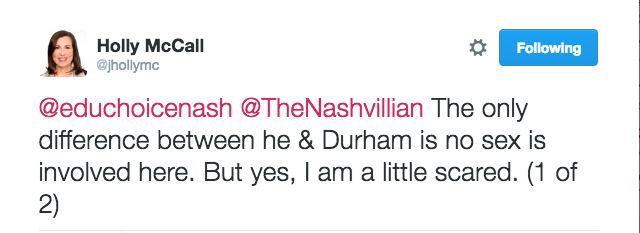Chalkbeat reports on the state’s big cities missing a significant number of teachers at the start of the school year:
About 100 Shelby County Schools classrooms still lack full-time teachers, Superintendent Dorsey Hopson said Monday, the first day of school, after a tour at Bruce Elementary.
And the problem wasn’t limited to Shelby County:
And it’s not the only district with vacancies left open. Metro Nashville, a slightly smaller district, lists nearly 80 open teaching jobs, and the third-largest district in the state, Knox County, needs more than forty. Across the board, districts are most hurting for special education teachers, though there are vacancies in nearly every subject.
The shortage noted in the big districts tracks information reported at TNEdReport back in 2014:
Since 2009, Tennessee has identified shortages in the overall numbers of K-12 teachers needed for public schools as well as teachers for specific subjects. There is a critical need in the state for STEM teachers, as well as shortages in high school English, social studies, world languages, Pre-K through high school special education, and English as a second language.
While there are many reasons for the shortfall, it’s worth noting that the first days of school set the tone for the entire year. So much so that incoming MNPS Director of Schools Shawn Joseph has said it’s critical that every classroom have a full-time teacher on day one.
UPDATE: MNPS reports that the actual number of unfilled vacancies on Day 1 was 34.5, a better number than they’ve had in recent years.
For more on education politics and policy in Tennessee, follow @TNEdReport











